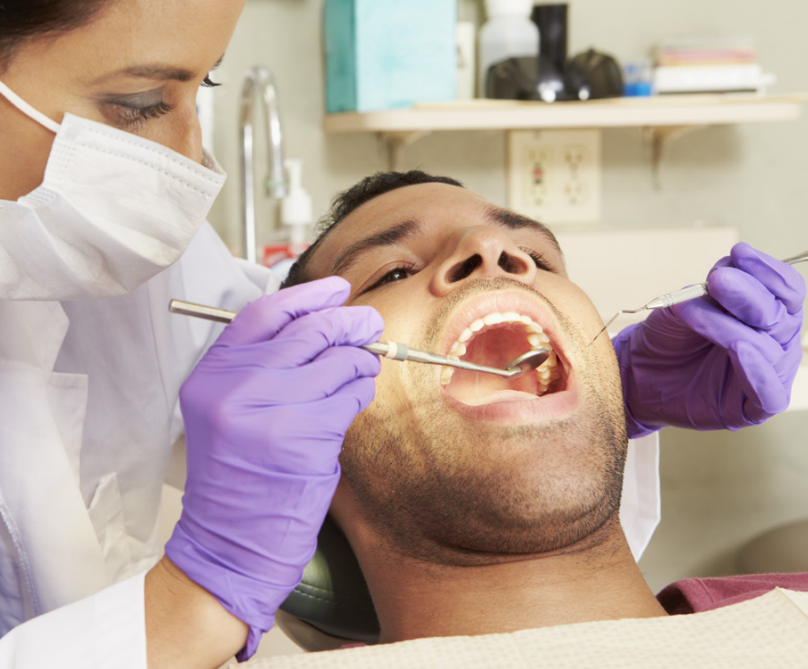
National Toothache Day this year falls on 9 February and is an annual reminder of the importance of good dental hygiene.
The majority of toothache causes originate from poor dental hygiene, which can lead to gum disease and even affect your quality of life. It is more beneficial to maintain good dental habits all through life as these help to prevent illness and toothache. Having dental pain may lead to problems with eating, speaking and even physical and mental health.
Dental problems and toothache may seem trivial but in fact, we often see claims arising from dental problems that require urgent medical treatment and even repatriation of crew.
Whilst these claims individually not be in the higher claim cost bracket, they frequently occur and can lead to repatriation of crew, which has a further impact on the safe manning of the ship and other delays to ship operations.
Seafarers are often at sea for long periods of time and unable to attend regular dental check-ups ashore, which may lead to dental problems developing unchecked. Long working hours and minimal physical exercise can result in the excessive consumption of highly caffeinated and very sugary drinks, unhealthy snacking and high levels of nicotine inhalation. In these circumstances, if oral health is neglected, gum disease, tooth decay and toothache can readily occur.
Toothache, whether mild or severe, may be further aggravated without surgical intervention. Onboard most ships there will only be pain relief treatment available, which will give short-term relief but not fix the underlying problem. This can have a detrimental effect on the seafarers' performance, concentration and wellbeing, not to mention a significant impact on sleep, eating and other daily activities.
Symptoms of periodontal disease are often not noticed until the disease is at an advanced stage. These include:
- Persistent bad breath
- Red or swollen gums
- Bleeding or tender gums
- Painful chewing
- Loose or sensitive teeth
Good dental hygiene is extremely important to ensure your teeth are not at risk. Effective cleaning removes dental plaque and tartar from the teeth, preventing cavities, gingivitis, gum disease, tooth decay and periodontal disease.
Seafarers are recommended to follow the basic steps listed below to ensure good oral hygiene and reduce the risk of dental issues:
- Have regular dentist check-ups (at least one per year) particularly prior to long voyages.
- Brush your teeth twice a day for a minimum of two minutes.
- Replace your toothbrush frequently. Make sure the bristles of your toothbrush are not splayed.
- Gently brush the outside of the teeth using a circular movement.
- Ensure the bristles on your toothbrush cover both your teeth and your gums.
- Don't forget to brush the inside and back of the teeth as well as the area surrounding the gums.
- Floss or use inter-dental brushes daily. Try not to rub your gums. Use the floss or inter-dental brush to gently rub the side of the tooth in an up-and-down movement.
- Rinse your mouth after brushing.




